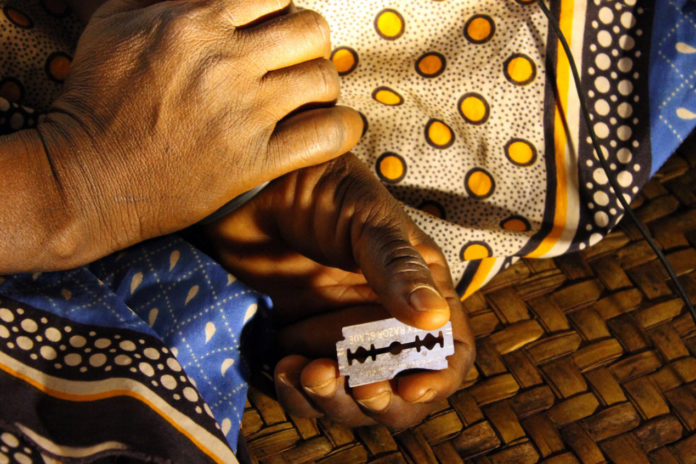ST. PAUL, Minn. — The recent case of female genital mutilation (FGM) occurring within the United States has spurred one Minnesota lawmaker into action.
On Thursday, Rep. Mary Franson (R-Alexandria) introduced House Resolution 2621, which would enhance the current standards of criminalization for the practice of female genital mutilation (FGM).
“Minnesotans were shocked when they heard FGM had come to our state. I was appalled to learn that parents who abuse their girls in this life-scarring way are not held responsible for the crime,” Franson said.
As reported by Alpha News on April 25, three arrests in Michigan in connection to a seven-year-old Minnesota girl who was found to have an FGM procedure has raised the awareness of what Minnesota laws punish and what they do not.
“Minnesota law was silent on parents allowing or encouraging this to happen to their child,” Franson said. “I view this as child abuse and sexual abuse.”
As state law currently stands, only doctors found practicing and performing female genital mutilation on minors can be found criminally liable by the state.
Minnesota law does not hold parents liable for forcing their children to have an FGM procedure, nor does it punish parents for travelling for the purposes of having an FGM procedure.
“When the children were able to return to the home, I believe Minnesota did a disservice to those children,” Franson said in response to the Minnesota minor who was still living with her family after details of the Michigan arrest came to light.
Franson’s bill hopes to change the criminal liabilities. Minnesota currently has two laws regarding female genital mutilation.
One law deals with the education and outreach of FGM. The bill by Franson would include educating parents that the practice of FGM on minors would come with repercussions by warning, “them [parents] and the medical community of the criminal penalties and potential loss of custody of a child.”
Franson’s bill would criminalize FGM as a felony for both parents and medical practitioners who are involved in an FGM procedure. Parents would also lose custody of their children if they attempt to put their child through an FGM procedure, or if the procedure has already occurred.
The Center of Disease Control (CDC) and Minnesota Department of Health (MDH) told Alpha News that they do not track cases of FGM at the state level. However, a CDC report does look at the number of at-risk women in the United States based on population size. In Minnesota, approximately, 44,000 women are considered at-risk when it comes to FGM procedures, 17,000 of these are young women and girls under 18.
“Minnesota needs to send a strong message that we won’t stay silent and that the punishment will be harsh, including the potential loss of parental custody of these innocent victims,” Franson said.
She is also encouraging Minnesotans to call their representatives and demand they support her bill.
“I think people should put pressure on lawmakers to support the bill and ask that this bill gets a hearing,” Franson said. “When we have heard about two innocent victims, that’s two victims too many. We have no idea how many other victims are out there.”
The bill, should it pass before the end of session, will go into effect on August 1, 2017.





